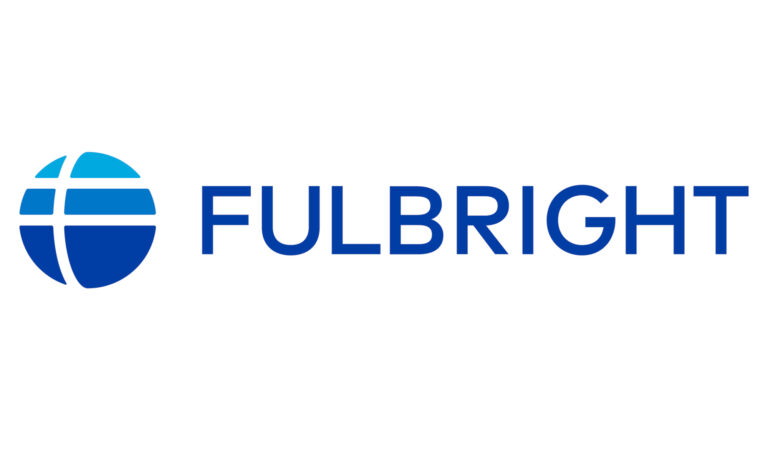The deadline for employees to complete their self-evaluations as part of the 2024 annual staff performance review process is Friday, May 3. Employees must complete the evaluation and the results section of the performance management form and send it to their supervisor.
Please review the following for information on the timeline, merit process and online resources for conducting self and employee reviews.
The timing for this year’s process is:
- April 15 – May 3: Employees complete self-evaluations and the results section of the performance management form, send to their supervisor by May 3. For the theme or department goals column, note that Beyond Boundaries is still applicable (reviews are retrospective), but you can also use department goals. A new form starts with new goals for FY2025 and will include our Guided by Mission, Inspired to Change strategic priorities (expect that to be available in June).
- May 13 – 24: Merit documents sent to budget liaisons, supervisors. Supervisors should use performance management documentation to inform merit awards.
- May 20 – June 7: Supervisors conduct performance review meetings, submit written reviews to employees by June 7.
- May 28 – June 4: Vice presidents, deans, provosts review merit awards
- June 7: Reviews completed, signed, sent to Human Resources
- June 20 – 28: Once the Budget Office has communicated that the review of merit increases has been completed and approved, supervisors may communicate merit awards to employees.
- July 1: Merit increases applied
The annual performance review process is designed to support and develop employees by providing specific feedback on their goals and job responsibilities through both one-on-one conversations with their supervisor and a written review document.
Use the Performance Management Form and follow these instructions. A complete guide to the performance management process, including tips and resources, is available on the Human Resources website.
The annual review process and conversation address not only the job content (the “what” of the role), but also how the work was accomplished. Providing employees with feedback on their job performance is critical in creating an engaged workforce that aligns with and delivers on the university’s strategy and goals while exemplifying our mission.



